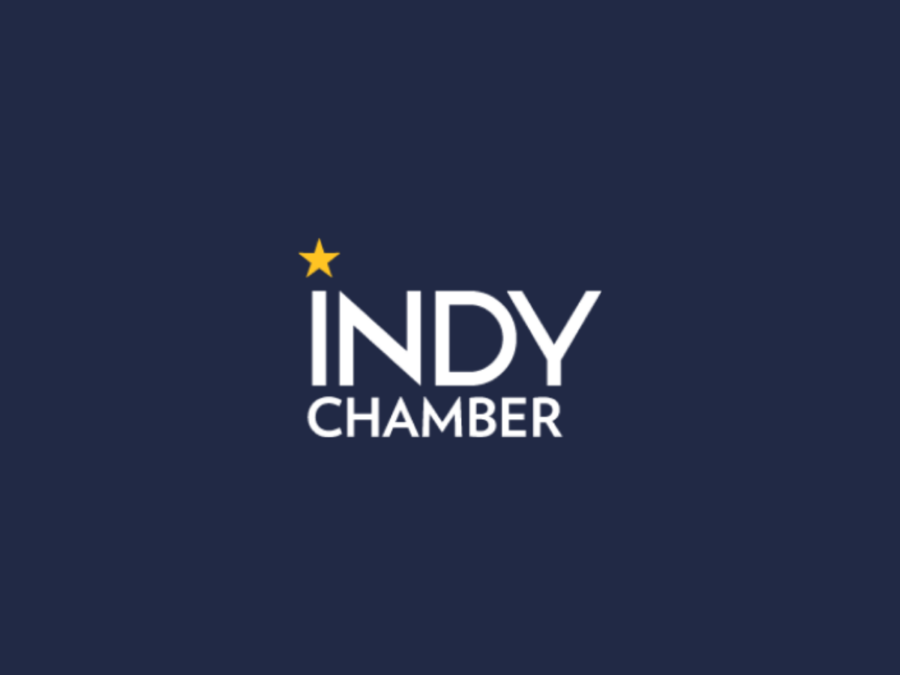The U.S. is facing an unforeseen and unprecedented shortage in infant formula. The Milk Bank, a nonprofit tissue bank in Indianapolis, estimates that 30% of popular formula brands, well above 50% in some major cities, are sold out in stores. This leads many to wonder why this is happening, where parents can turn to find the proper nutrition for their babies, and how the general public can assist during this public health emergency.
Why is the U.S. facing a shortage of formula and who is most impacted?
There are three main drivers for the current shortage. The largest factor is that the biggest formula provider, Abbott, had a recent product recall due to contamination concerns. As formula is produced at very few factories in the U.S., this recall has led to 40% less formula on store shelves. In addition, the COVID-19 pandemic has caused significant and lingering supply chain challenges. Anything coming from a manufacturer takes longer to be delivered and placed on the shelves for purchase. Finally, formula is strictly regulated, and the Federal Drug Administration (FDA) has previously not approved formula from other countries for sale in the U.S. These factors have combined to create a critical shortage of safe formula options for U.S. parents to purchase during this time.
Families who rely on formula to feed their infants, including Medicaid members, families with limited funds and those who live in under-resourced and/or rural areas are the most impacted by this crisis. The formula that is available exists mainly in affluent areas, leading to serious access and availability issues.
What can parents do to find the necessary nutrients for their baby?
Breast milk is and always has been the most optimal source of nutrition for infants. If breastfeeding is an option, that is the top recommended practice for giving your baby the nutrients they need. If breastfeeding is not an option, organizations like The Milk Bank provide pasteurized pre-screened milk for recipients. Mothers can receive up to 40 ounces of donor milk without a prescription, and if more is needed, work with your health care provider to obtain a prescription. Some health plans, including the nonprofit health plan CareSource, will cover the cost for donor milk. If you are using formula, it’s important to know that you can switch brands if your usual brand is not available during this time.
Why is formula so important for babies?
Formula is carefully regulated and designed to meet the unique needs of infants as they grow and develop. Homemade formula is not monitored and unlikely to meet the nutritional needs of the infant, leading to potentially serious nutritional deficiencies. Since infant formula is closely structured, it is important to purchase it from reputable sources, not from unknown suppliers or individuals. When searching for formula, remember that smaller stores and markets may have supplies when the larger stores are sold out. Before use, confirm your formula is from a reliable source and it has not reached the expiration date. Your health care provider is a great source for guidance on proper formulas to meet your baby’s unique needs. Some providers may even have formula samples that they can provide.
There are several actions to avoid during this unprecedented time. Avoid milk substitutes, including almond, soy, raw or goat milk, as these substitutes do not provide proper nutrition. Most importantly, do not dilute the formula with water or other liquids to make it last longer. If water is added, it could disrupt the formula’s nutritional balance. In addition, dilution can affect the sodium levels in the baby, leading to serious health consequences. Sharing breast milk is also not recommended, as that milk has not been pasteurized or tested. Instead, excess breast milk should be donated to milk banks to ensure it goes through the proper safety protocols.
It’s important to recognize that you should not switch a baby too soon to whole milk. In fact, pediatricians typically have babies stay away from whole milk for their entire first year of life. If a baby has whole milk in their first year, it is recommended to be only for a short time and to also supplement the milk with iron, as this is not found in whole milk, but is needed for growing babies.
Where can parents turn for resources and assistance during the formula shortage?
There are several resources that can help if you cannot find your baby’s formula. First, call your baby’s doctor to see if a more available formula would work. Talk to your WIC nutritionist about other formulas or can sizes that might be available options. Call the MCH MOMS Helpline at 1-844-MCH-MOMS (1-844-624-6667) for assistance finding information. You can also contact The Milk Bank at (317-536-1670) to find out how to receive donor milk. Families can also use health plans, like CareSource, to assist them in navigating this challenging time. CareSource has a dedicated care management team to provide resources and support to families to assist with their unique needs.
At CareSource, this issue is of the utmost importance to us, as many of our Medicaid members are formula users and are directly impacted by the shortage. We pay for lactation consultants to assist you with questions about breastfeeding, and we provide all mothers with a breast pump and supplies. In response to this crisis, we provide critical information and resources to assist families, partner with local providers like The Milk Bank, and answer pertinent questions regarding the formula shortage.
By partnering with The Milk Bank, CareSource is sponsoring 1,000 ounces of human milk through their Give an Ounce campaign. The gift is part of our larger effort to increase access to adequate infant nutrition during this time. Finally, CareSource also offers a transportation and food transportation benefit, providing unlimited transportation for all medical needs, including trips to milk bank hubs.
If you are interested in helping provide nutrition for babies, consider donating money to your local milk bank to offset the costs of breast milk for many families that need it. Spreading the word about this issue and informing others of places to turn for infant nutrition as well as building awareness of the unhealthy actions to avoid are the best ways that we can keep babies as healthy and safe as possible during this challenging time.



